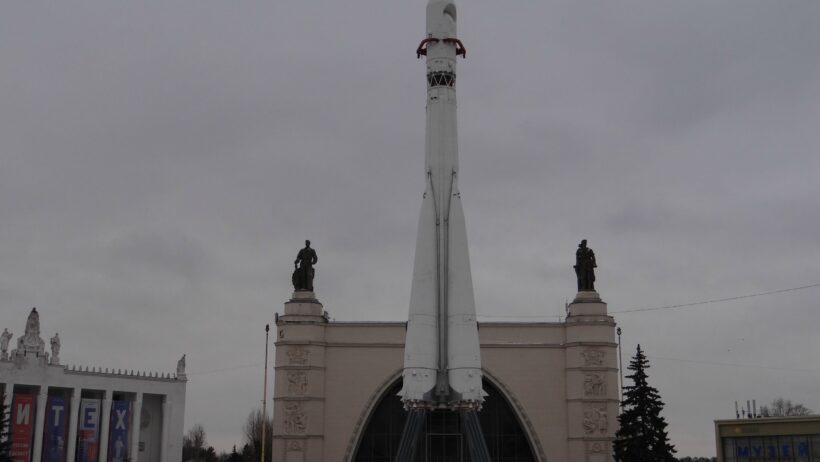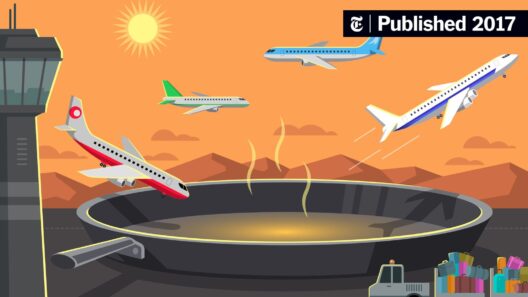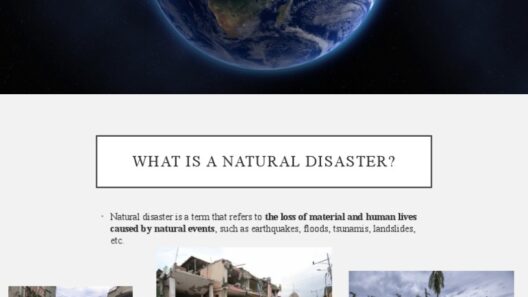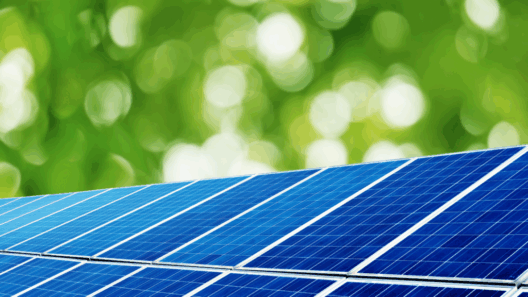In examining the intricate web of global warming awareness, one might find themselves unexpectedly delving into the archives of the Cold War era, a time fraught with geopolitical tension and ideological battles. Did Soviet scientists possess insights into climate change long before it became a global concern? This question unveils a fascinating narrative that intertwines environmental science with the historical context of international relations during the 20th century.
The pursuit of knowledge regarding the atmosphere and climate was not a foreign concept to scientists on both sides of the Iron Curtain. As early as the 1950s, researchers in the Soviet Union were actively engaging with topics pertinent to atmospheric sciences. Notably, these scientists were studying the physical properties of the atmosphere, including its composition and dynamics. This foundational research laid the groundwork for understanding the potential human impacts on climate systems.
In the early decades of climate research, the recognition of anthropogenic effects on the environment began to surface. Soviet climate scientists, some of whom were influenced by their counterparts in the West, started examining the implications of increased carbon dioxide (CO2) emissions resulting from industrialization. Their investigations suggested an awareness that the burning of fossil fuels was not merely an economic endeavor but one that could carry significant environmental consequences.
Moreover, seminal works, such as those by Mikhail Budyko, a prominent Soviet climatologist, provide insight into the scientific discussions on climate at the time. Budyko’s research, primarily focused on energy balance in the climate system, hinted at the broader implications of greenhouse gas emissions. His studies conveyed a sense of urgency, suggesting that human activities could disrupt natural climatic patterns—an idea that resonates profoundly with contemporary climate science.
Despite these emerging insights, the broader Soviet political narrative often overshadowed climate discourse. The emphasis during the Cold War was largely on industrial and military advancements. Environmental concerns were frequently relegated to the background, overshadowed by the immediate need for military superiority and economic growth. The ideology of progress and the belief in technological solutions to societal challenges took precedence, diverting attention away from the complex interconnections between industrial activities and environmental ramifications.
Simultaneously, the communist regime was embroiled in an intense rivalry with the Western world, and any scientific discourse that did not align with state ideologies was often suppressed. This created an environment where critical discussions about climate change and its global implications were difficult to facilitate. The apathy towards ecological degradation was fueled by the notion of unlimited resources—a false belief that would come back to haunt policymakers and scientists alike.
As the Cold War intensified, a few brave Russian scientists began to reconcile scientific theory with grassroots environmental movements, albeit cautiously. The apocalyptic rhetoric around nuclear warfare fostered an awareness of existential risks, paralleling concerns about climate change. The conjunction of these ideas indicated an early understanding that the future of humanity was at stake—an understanding that, while not overtly articulated, reflected in the sobering conclusions many scientists were drawing.
The end of the Cold War in the early 1990s ushered in a new epoch of scientific collaboration, wherein former adversaries began to unite against a common foe: environmental degradation. The melting Arctic ice and increasingly erratic weather patterns served as alarming harbingers of global warming. Herein lies the crux of the matter: while Soviet scientists may have held knowledge about the rudimentary concepts of climate change, the political and ideological climate of the time rendered these insights largely dormant. The saying “knowledge is power” resonates with poignant irony; had this knowledge been acted upon in its nascent stages, the trajectory of climate action might have been radically different.
As contemporary science continues to grapple with the consequences of climate change, revisiting the Cold War climate discourse serves as a poignant reminder of the potential lost opportunities. The complexities of political ideologies and scientific inquiry must be carefully navigated to foster a holistic approach to environmental stewardship and climate action in the present day. It prompts a reflection on the importance of harmony between political motivations and scientific truths.
The historical narratives of Soviet scientists offer a profound lens through which to view the evolution of climate awareness. They reveal an interconnected tapestry of thought and inquiry that transcends geopolitical barriers. By appreciating these early insights, current and future generations can glean valuable lessons on the necessity of promoting scientific discourse, irrespective of political ideologies.
In conclusion, the exploration of whether Soviet scientists knew about global warming raises more questions than it answers. The connections between the cold realities of geopolitical maneuvering and the urgent demands of environmental protection emphasize the need for proactive engagement. As humanity races against the clock in the face of climate change, ultimately, the insights gleaned from the Cold War may serve not only as historical footnotes but as critical lessons for a path forward, one that integrates scientific integrity with global cooperation.







